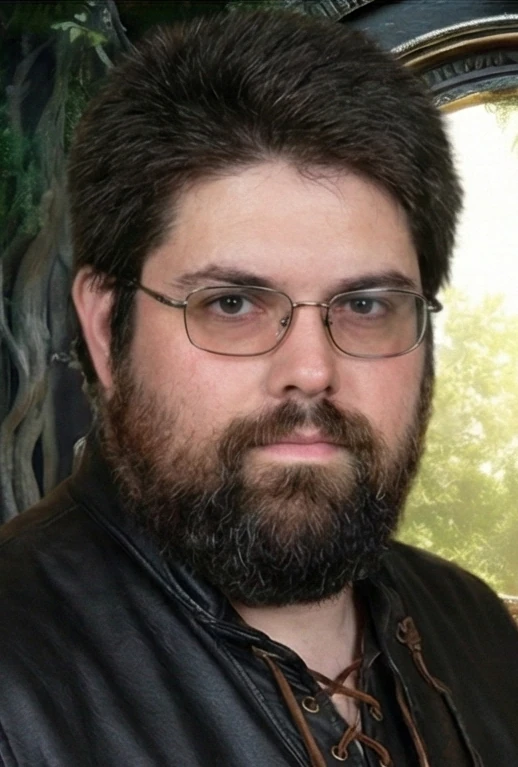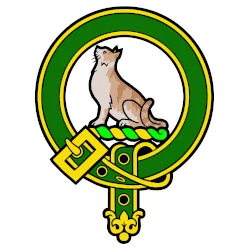The Dark Tower
The Dark Tower is the final volume of Stephen King’s Dark Tower Cycle, a work that has taken over 20 years to complete. For fans of the series, this concluding volume comes with great relief as well as great joy; at times it seemed impossible to consider that the series could ever be finished. It must have seemed the same to King as well, for it was clearly his magnum opus, incorporating and unifying so many of his other words that told their own pieces of the tale.
As with any concluding volume, the reception it will receive will be mixed. It is impossible to conclude such a powerful and mythic series in a manner that pleases everyone; some fans will always feel betrayed by the ending, and others by the twists and turns of the journey. The ending of this particular series will be especially disturbing, and yet at the same time it is the right ending. Never mind what I have to say about that; the ending is right, but you’ll have to read the book to learn how.
But if the ending is right, then it is nonetheless tainted with bitterness. Not a happy ending, only a necessary one. If you’ve followed the path so far, you’ll want to walk the last few steps, and you may well be disappointed… but then again, you may not be. Were it not worth it, you would already have left the path.
As for the journey itself, there is a definite difference to this novel. Over the years since the gunslinger first followed the man in black across the desert, King’s voice has changed. The sparseness of the writing in The Gunslinger was one mark of its exceptional quality, conveying by its tone the nature of a world that has moved on.
The more recent novels are much fuller, much better fed, but they are fed on rotten things that prefer the darkness. The world of Roland has moved on, whether desert or forest, and where life and meat still exists it is twisted and wrong. In that corrupted world, only Roland and his ka-tet are the true steel; that is the beauty and the tragedy.
In Song of Susannah, King introduced an unusual element to his story – one that many would deem the result of ego rather than honest storytelling. I won’t name that element any more clearly, but it is present in this novel as well, to an even greater extent. And yes, it is a work of ego; or perhaps, less a sign of hubris than an acknowledgement that the Dark Tower Cycle is only a story to us, but something far, far more than that to its author.
As with the change in authorial voice, some would view this as a mar in the work. Perhaps they are right. And yet the work has the ring of truth and the sense of power regardless. What King has done in this respect defies almost every rule of conventional fantasy novels; yet it is the sign of a skilled author that he knows when to break the rules, as well as when to follow them.
Indeed, that is perhaps the best way to describe the entirety of the Cycle. King breaks the rules with impunity, and he is right to do so, because the story works. And if the reader is left with the understanding that the story is as much a trip through King’s own psyche as anything else, it is an understanding that does not make the journey less compelling.
If you’ve walked with Roland on the path so far, do not fear to finish the journey.


